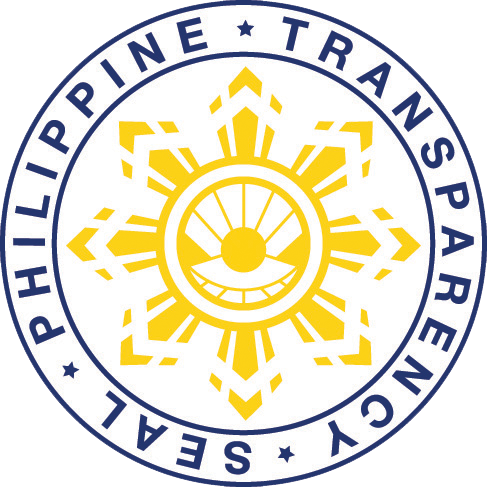The families affected by super typhoon Yolanda in Capiz can no longer call themselves as victims but key partners of the government. Rescuing themselves from the ruins left by the calamity and with the spirit of bayanihan in them, 660 families worked hand in hand in rebuilding their homes through the Post-Yolanda Support for Safer Homes and Settlements Project of the UN Habitat Philippines in coordination with HUDCC, the Social Housing Finance Corporation (SHFC), the Government of Japan, the Department of Social Welfare and Development (DSWD) and Base Bahay, Inc.
The project, which sought to address the need for better and safer homes of families affected by Yolanda in Capiz and Iloilo, was launched in July 2014 and had its turn over ceremony on 25-26 July 2015 at Pawa, Roxas City, where one of the recipient community groups is located. During the turn-over ceremony, Undersecretary Cecilia S. Alba, the Secretary General for HUDCC, commended the efforts of the members of community groups.
“Ang proyektyong ito ay napakagandang halimbawa ng kakayahan ng mga nasalanta ng kalamidad na hindi manatiling “biktima” sa matagal na panahon, kundi maging agarang “kabahagi at katuwang” ng pamahalaan at ng iba’t-ibang sector sa pagbangon”, Usec Alba said. HUDCC and SHFC identified the recipient community groups of the project from the list of homeowners’ associations under the Community Mortgage Program.
The members of the community groups themselves were involved in the Project and constructed their homes by assuming different roles as carpenters, foremen, coordinators as well as project and finance managers. UN Habitat took the task as the lead of the project and assisted the community groups in designing typhoon-resistant houses.
Usec. Alba recognized the motivation and participation of communities as keys in the success of shelter and rehabilitation programs of the government, as demonstrated in this Project. She vowed to the communities and other stakeholders that the HUDCC will continue to support such initiatives by pushing for new policies that promote more community-based shelter and livelihood programs.
“Hangad naming na sa mga susunod na pagkakataon, mas maraming bahay pa ang aming maitayo sa pamamagitan ng community-based approach” Usec. Alba said.
Usec. Alba also thanked and urged the Project’s stakeholders to continue in supporting projects involving disaster preparedness and recovery. Knowing that such calamity as Yolanda is inevitable in the country, Usec. Alba further emphasized the housing sector’s role and its challenges in rebuilding the homes as well as the lives of people affected by typhoons.
The Project received financial support of USD2.5 million from the Government of Japan and co-funding from the DSWD.


